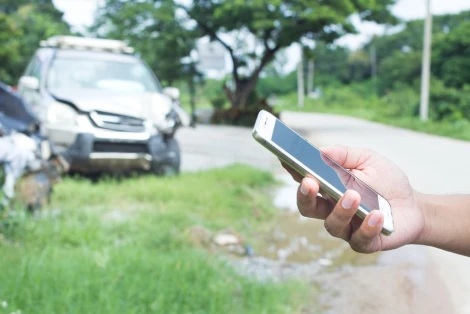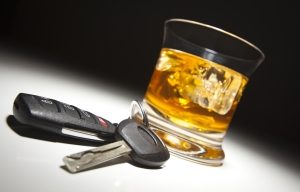
By far the majority of people take out a loan when they purchase automobiles, and with the cost of today’s vehicles, a typical auto loan can easily range between $20K and $50K. When your car is totaled in a car accident, not only is your daily life disrupted, but you may have an auto loan hanging over your head. In this article, we explain what happens if your vehicle is deemed a “total loss” after an accident and you still owe money on your auto loan.
Defining a ‘Total Loss’ Vehicle
Each insurance company has its own criteria for determining what a “total loss” vehicle is after a collision. Typically, when the repairs are more than a certain percentage of the car’s value, the insurance company declares the car a “total loss.”
As a general rule, the measuring stick used by most insurance companies is 80%. For example, if the repairs to your damaged vehicle meet or exceed 80% of its market value, the car will probably be deemed a total loss. If the cost of repairs is less than 80% of your car’s worth, the insurance company would go ahead and authorize repairs.
On the other hand, if the car is deemed a total loss, the insurance company will not authorize repairs. Instead, they would write a check to you and the lien holder (bank or financial institution that loaned you the money to finance the car) for the current market value of your car, which may be less than what you owe on the auto loan.
What if the Check is Not Enough?
It is common knowledge that automobiles typically depreciate the moment they are driven off the dealer’s lot. They also depreciate as they age and as miles are added to them. For these reasons and more (e.g. a previous auto loan is absorbed into a new auto loan), vehicle owners can be upside-down on their auto loans, meaning they owe more than the car is worth.
If your vehicle is deemed a total loss by the insurance company, hopefully you will be able to pay off the auto loan and pocket a little cash to put toward the down payment on your new vehicle. However, if the auto loan is more than the current market value of your car,
you are still legally responsible for paying the monthly auto loan payments until the vehicle is paid off in full.
If your car was a total loss after the accident, it does not change your loan’s repayment terms. You still have to repay the bank or lender for the auto loan, even if you no longer have your car. The best solution is to purchase “gap insurance,” which covers the difference between what the insurance company pays for a total loss vehicle and the amount owed on the auto loan. To find out if you have gap insurance coverage, contact your insurance agent.
If you were injured in a crash or if your vehicle was totaled, we urge you to contact Jones & Swanson for a free consultation.
Categories: Auto Accidents, Auto Insurance, Car Accident, Personal Injury




